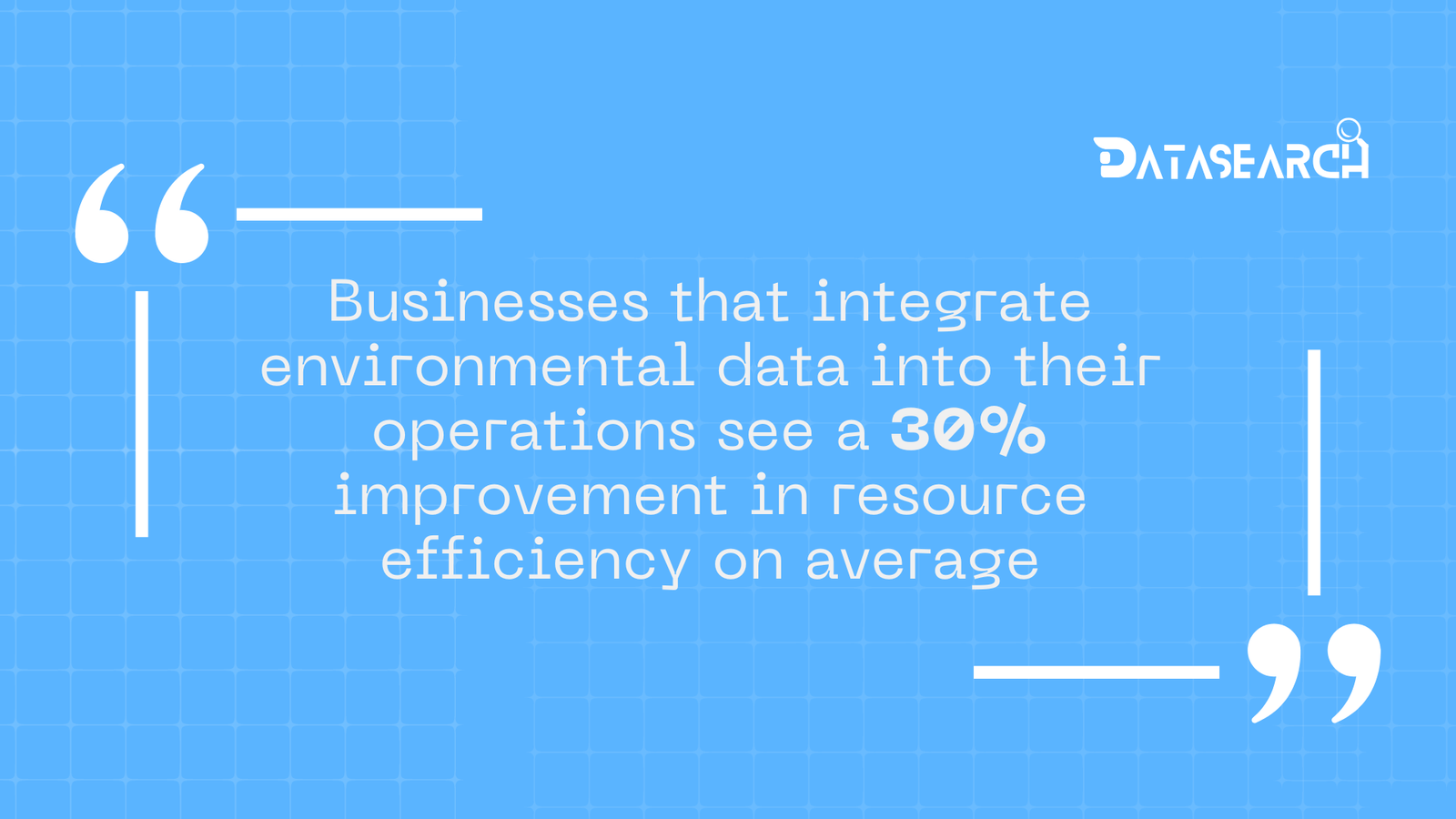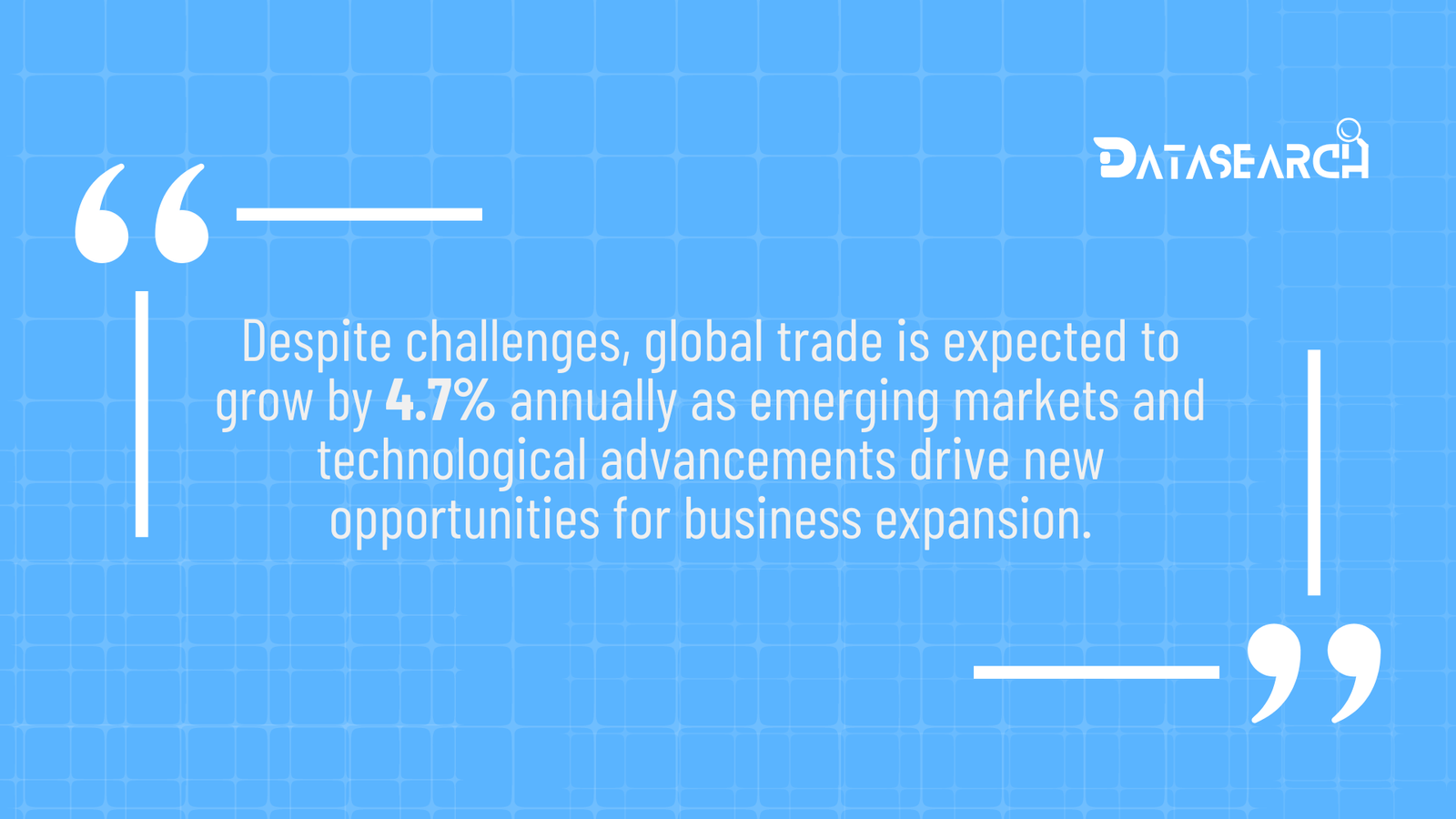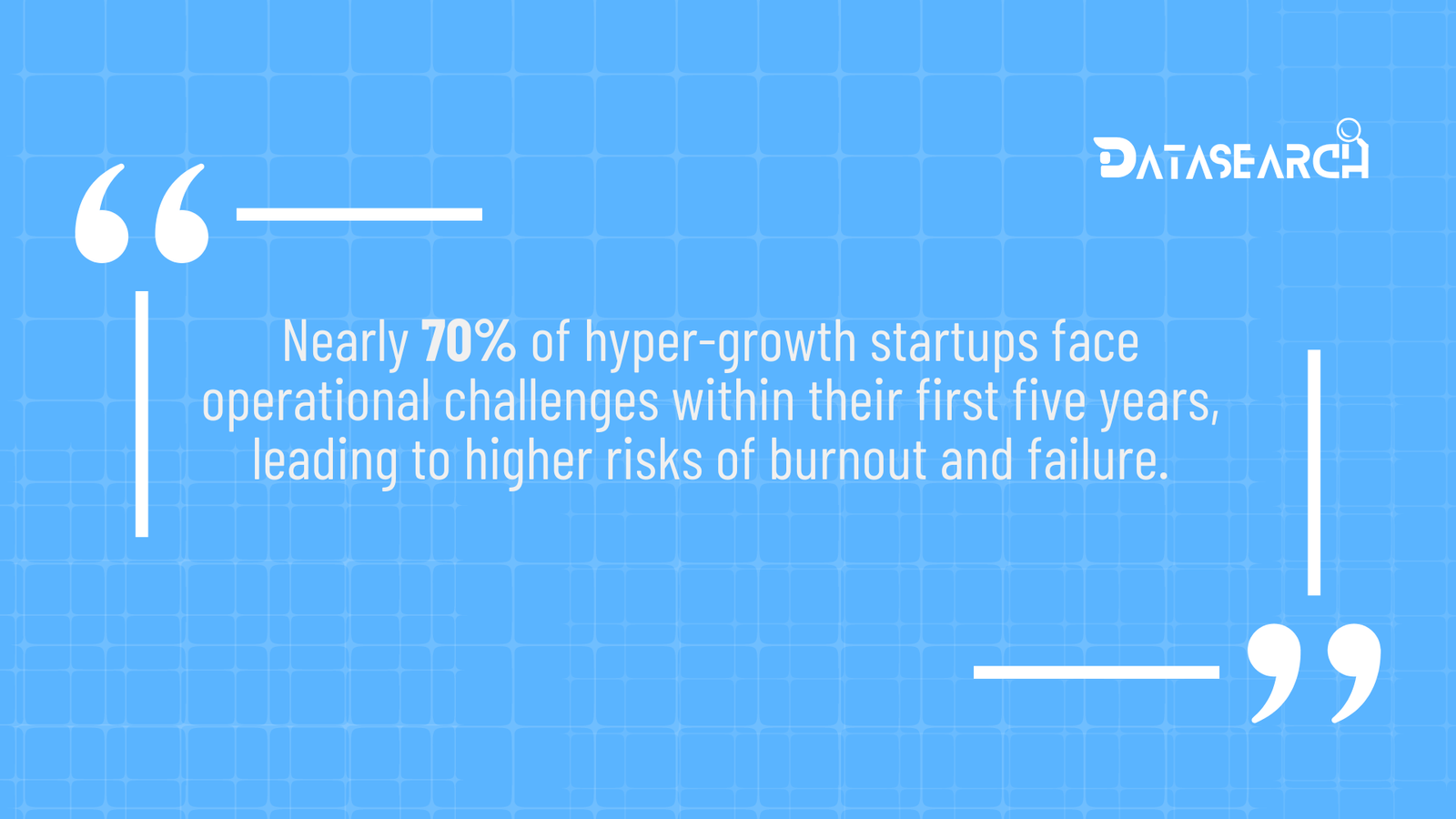As the global focus shifts towards sustainability, businesses are increasingly integrating environmental considerations into their operations. Environmental data plays a crucial role in this transformation, enabling companies to make informed decisions that balance profitability with ecological responsibility. In this article, we’ll explore how environmental data supports sustainable business practices, the benefits it offers, and how companies can effectively leverage this data to achieve their sustainability goals.
Understanding Environmental Data
Environmental data encompasses a wide range of information related to natural resources, ecosystems, and the impacts of human activity on the environment. This data can include:
- Carbon Footprint Measurements: Data on greenhouse gas emissions from business operations.
- Resource Usage: Information on water, energy, and raw material consumption.
- Waste Management: Data on waste production, recycling rates, and disposal methods.
- Biodiversity Impact: Assessments of how business activities affect local flora and fauna.
- Air and Water Quality: Measurements of pollutants released into the atmosphere or water bodies.
How Environmental Data Drives Sustainable Business Practices
Identifying Environmental Impact:
By analyzing environmental data, businesses can identify the areas where their operations have the most significant environmental impact. This insight allows them to prioritize actions that will reduce their ecological footprint, such as improving energy efficiency or adopting greener manufacturing processes.Enhancing Compliance and Reporting:
Many industries are subject to stringent environmental regulations. Environmental data helps companies ensure compliance with these laws by providing the necessary information for accurate reporting. Additionally, transparent reporting can enhance a company’s reputation by demonstrating its commitment to sustainability.Driving Innovation:
Access to detailed environmental data can inspire innovation within a company. For example, understanding the environmental costs associated with a product’s lifecycle can lead to the development of more sustainable alternatives. Businesses can use this data to optimize product design, supply chain management, and resource usage.Improving Resource Efficiency:
Environmental data enables businesses to track their resource consumption more effectively. By identifying patterns and inefficiencies, companies can implement strategies to reduce waste, conserve water, and minimize energy use. This not only benefits the environment but also leads to cost savings.Building Customer Trust:
Consumers are increasingly favoring companies that prioritize sustainability. By using environmental data to substantiate their green claims, businesses can build trust with customers and differentiate themselves in a competitive market. Clear communication about sustainability efforts backed by data can significantly enhance brand loyalty.
Leveraging Environmental Data for Sustainable Success
To effectively leverage environmental data, businesses should consider the following strategies:
Invest in Data Collection and Analysis Tools:
Utilize advanced tools and technologies to gather and analyze environmental data. This can include sensors for real-time monitoring, data management software, and predictive analytics to forecast environmental trends.Integrate Data into Decision-Making:
Make environmental data an integral part of business decision-making processes. Ensure that sustainability considerations are factored into every aspect of operations, from product development to supply chain management.Collaborate with Stakeholders:
Engage with stakeholders, including suppliers, customers, and regulatory bodies, to share environmental data and collaborate on sustainability initiatives. This can lead to more effective solutions and stronger partnerships.Set Measurable Sustainability Goals:
Use environmental data to set specific, measurable sustainability goals. Track progress regularly and adjust strategies as needed to stay on course.Educate and Empower Employees:
Ensure that employees at all levels understand the importance of environmental data and how it relates to the company’s sustainability goals. Provide training and resources to empower them to contribute to these efforts.
How DataSearch.pro Can Help
At DataSearch, we recognize the growing importance of environmental data in driving sustainable business practices. Our platform offers advanced data analytics tools that enable companies to collect, analyze, and act on environmental data effectively. Whether you’re looking to reduce your carbon footprint, optimize resource usage, or improve your sustainability reporting, DataSearch.pro provides the insights you need to succeed. Visit DataSearch.pro today to learn more about how we can support your journey towards sustainability.




